Media Centre |
|
Donkeys at Risk of Becoming Extinct |
Kenyans Might be Consuming Donkey Meat Unknowingly |
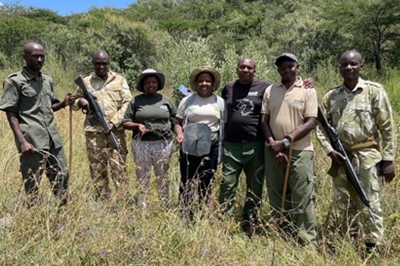
The enormous diversity and richness of Africa’s captivating wildlife in the ranges of the savannah present an opportunity and challenges...
Read the entire article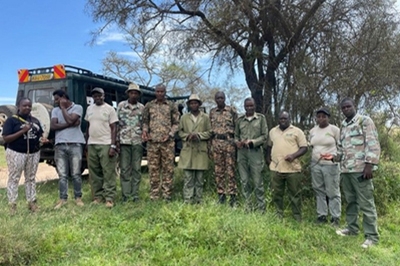
As the year 2024 dawns, a dedicated team traversed the rugged landscapes of Machakos for the first de-snaring campaign of...
Read the entire article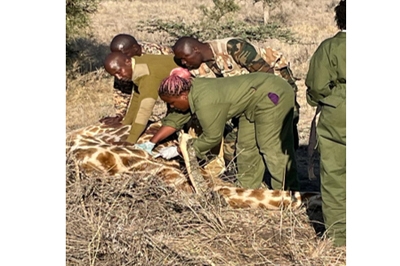
In Kenya, structures for monitoring, direct intervention and recovery are in place in the instance domestic animals, working animals and...
Read the entire article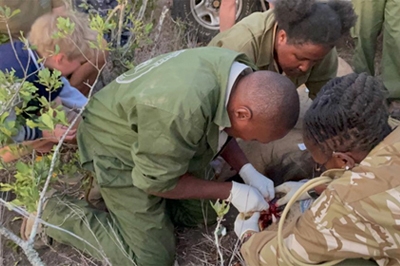
In the plains of the wilderness, as the wildlife graze and move in search of water. Snares set up in...
Read the entire article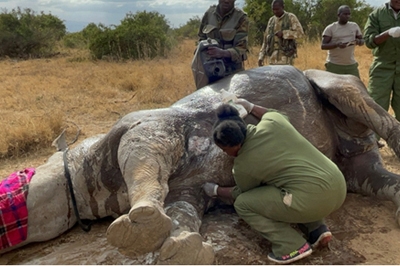
For the first time, in ANAW’s history of protecting and saving wildlife, the rescue team had a singular opportunity to...
Read the entire article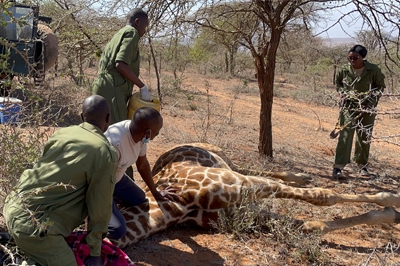
As a team embarks to rescue a giraffe, it is noted that the rescue has to be carried out quickly...
Read the entire article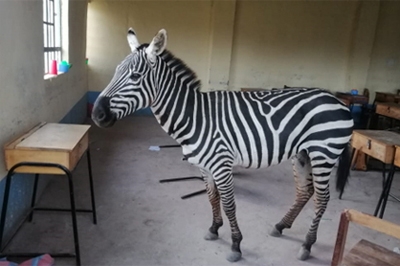
An unusual case of a stray zebra rescue took place after the animal sought refuge in a classroom at Miumbuni...
Read the entire article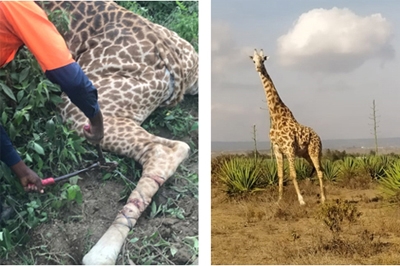
The tallest land mammals are characteristic of the African savannah as they stand tall in the wilderness of the plains...
Read the entire article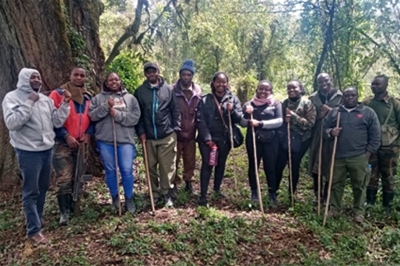
Eburu Forest nestled on a volcanic mountain over Lake Naivasha to the south-east, Lake Elementaita to the north and Lake...
Read the entire article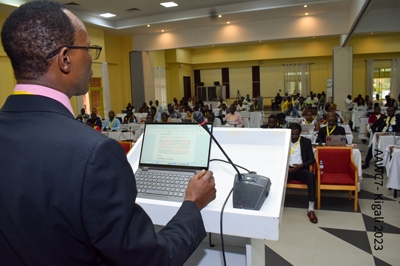
Africa Animal Welfare Conference
With the charm of its numerous mountain ranges, the land of a thousand hills opened its doors to animal welfare...
Read the entire article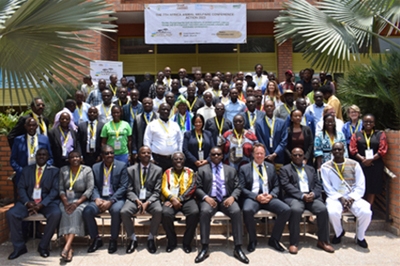
Africa Animal Welfare Conference
Africa sat underneath the great baobab tree, shaving shells and popping macadamia nuts in her mouth as the sun shone...
Read the entire article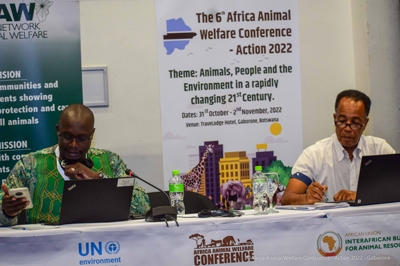
Africa Animal Welfare Conference
The 6th Africa Animal Welfare Conference (AAWC) - Action 2022 took place from 31st October to 2nd November 2022 at...
Read the entire article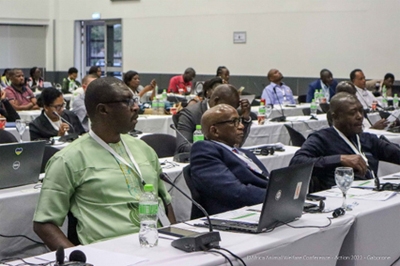
Africa Animal Welfare Conference
The heartbreaking sight of thousands of animals dying during drought in Africa in the recent years, among other issues, has...
Read the entire article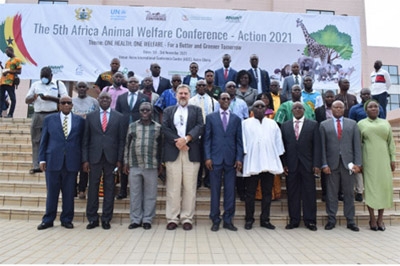
Africa Animal Welfare Conference
West Africa provided the platform for discussion in deliberations on animal welfare this year. The 5th Africa Animal Welfare Conference...
Read the entire article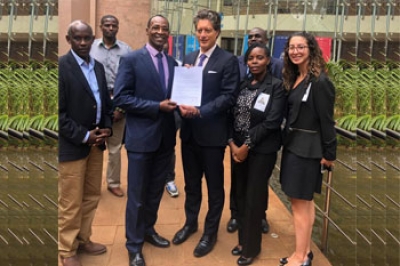
Africa Animal Welfare Conference
ANAW is glad to announce that its collaboration with the United Nations Environment has been extended for another three years...
Read the entire article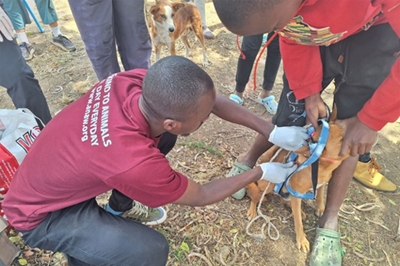
Anti-Rabies Vaccination Campaigns
In hotspot Kenyan counties where rabies is prevalent, community members take every opportunity to protect their animals against the fatal...
Read the entire article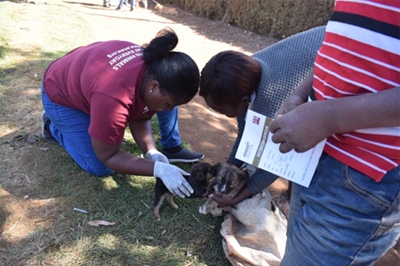
Anti-Rabies Vaccination Campaigns
In late 2022 and early 2023, several counties in Kenya had reported cases of rabies infection. These counties included Nairobi...
Read the entire article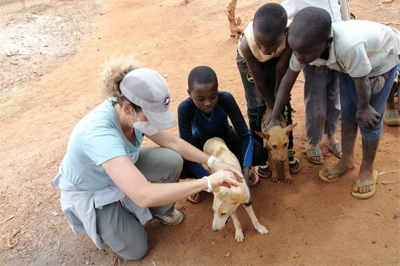
Anti-Rabies Vaccination Campaigns
For seven (7) days, ANAW in partnership with Machakos and Taita Taveta Counties' officials and Julie Kelly Group of Veterinarians...
Read the entire article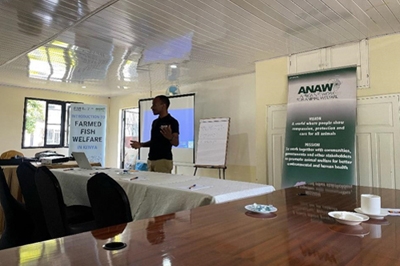
ANAW, in collaboration with Ethical Seafood Research (ESR), hosted an engaging workshop on fish welfare on January 31, 2024, at...
Read the entire article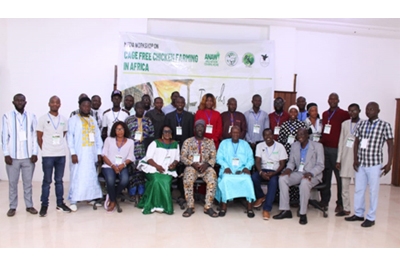
Media Engagements - Caged Chicken Farming
On September 12, 2023, in the City of Banjul (formerly Bathurst) - The Gambia, something big on chicken welfare was...
Read the entire article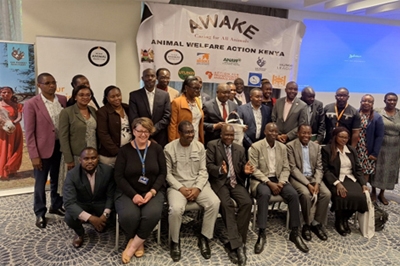
The Animal Welfare Action Kenya (AWAKE) - a consortium of Animal Welfare Organizations, to which ANAW is a member, held...
Read the entire article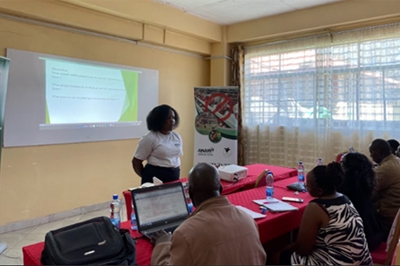
Media Engagements - Caged Chicken Farming
Representatives from ANAW in conjunction with Open Wing Alliance (OWA) hosted 17 veterinary professionals from county and private practice, five...
Read the entire article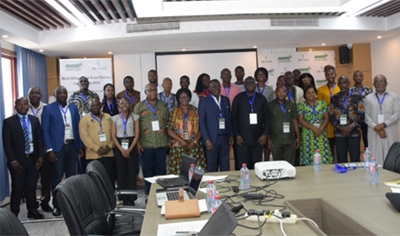
Media Engagements - Caged Chicken Farming
It was a momentous occasion for animals in Africa as ANAW supported by Effective Altruism, and in partnership with the...
Read the entire article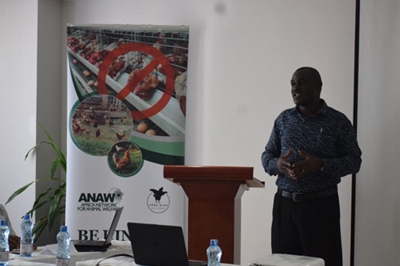
Media Engagements - Caged Chicken Farming
The Open Wing Alliance (OWA) funded project continued efforts towards developing a nationwide campaign that would promote cage-free chicken farming...
Read the entire article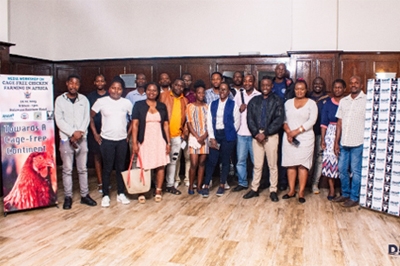
Media Engagements - Caged Chicken Farming
With kind support of Open Wing Alliance (OWA), ANAW partnered with Nurture Imvelo Trust, and Sibanye Animal Welfare and Conservancy...
Read the entire article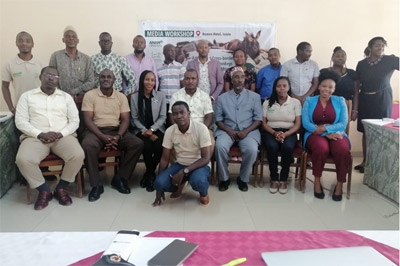
Media Engagements - Donkey Welfare
On February 21 to 22, 2022, ANAW in partnership with Welttierschutzgesellschaft e.V. (WTG) and the County government of Marsabit conducted...
Read the entire article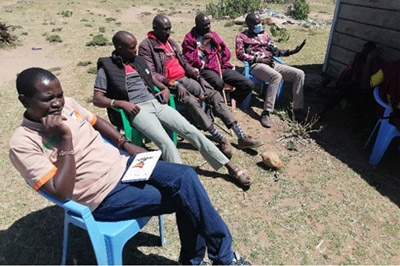
Community leaders numbering more than 90 including religious leaders, local administrators, sub-county veterinarians and extension officers were engaged on matters...
Read the entire article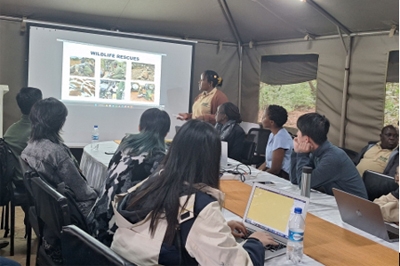
The ANAW team hosted and welcomed high school graduate students from China on their learning trip for a visit at...
Read the entire article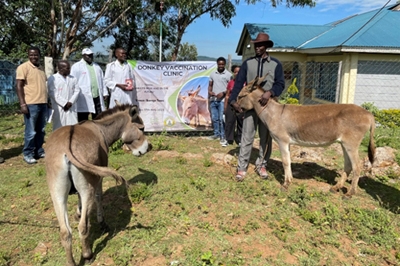
In the month of May, 2023, Africa Network for Animal Welfare (ANAW), with the support of The Brooke East Africa...
Read the entire article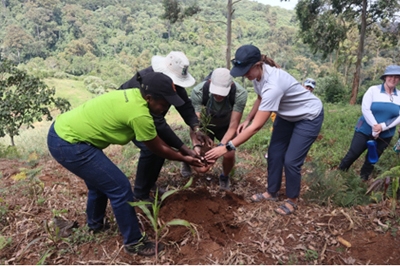
During the first three days of acclimatizing with the East African warm weather, American students explored the conservation and education...
Read the entire article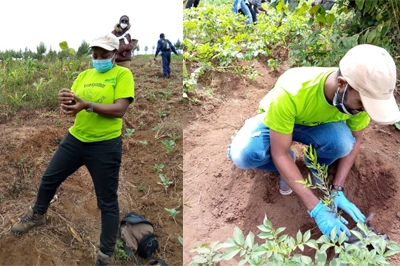
Every year on June 5, since 1974, when the day was first observed in the United States, World Environment Day...
Read the entire article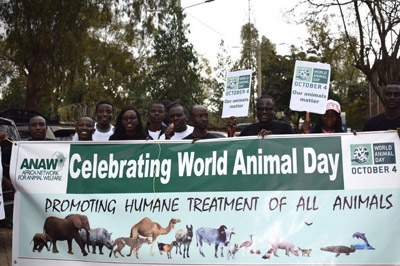
ANAW joined the world in marking the World Animal Day on 4th October, 2019. Hundreds took to the streets of...
Read the entire article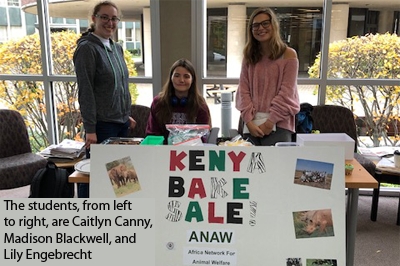
Canisius college students held a successful bake sale event to raise funds in support of Africa Network for Animal Welfare. ...
Read the entire article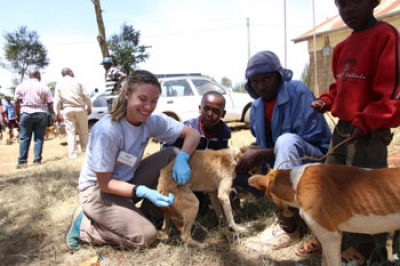
One of the crucial steps in curbing the rabies pandemic, is mass dog vaccination. Africa Network for Animal Welfare (ANAW)...
Read the entire article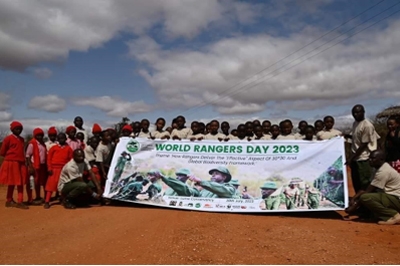
Conservation Work at Kasighau Ranch
Unprecedented violent dimensions to poaching have taken place across Africa and have seen rangers take up arms to protect the...
Read the entire article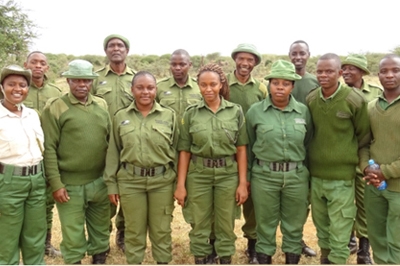
Conservation Work at Kasighau Ranch
In involving the community, conservation merits an effective approach in ingraining elements of traditional ways in its strategies, supporting livelihoods...
Read the entire article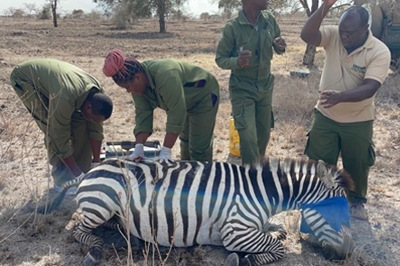
Conservation Work at Kasighau Ranch
Kenyan communities turn to bush meat as an accessible option for sourcing food and earning an income during tough drought...
Read the entire article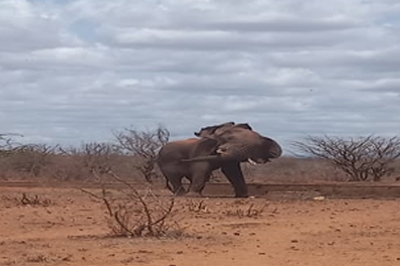
Conservation Work at Kasighau Ranch
Despite the advent of rains across the country, an influx of human-wildlife conflict took place in some areas of Taita...
Read the entire article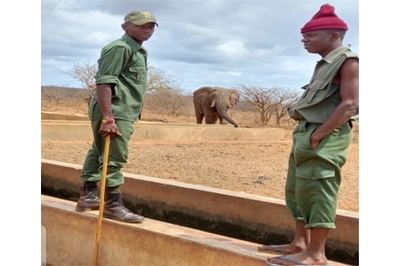
Conservation Work at Kasighau Ranch
Operating on an area of more than fifty two thousand (52,000) acres of land between Tsavo East and Tsavo West...
Read the entire article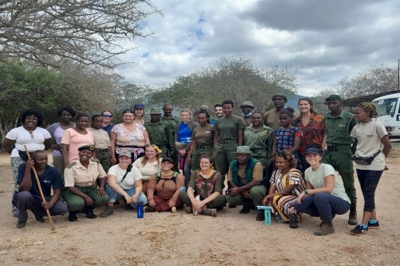
Conservation Work at Kasighau Ranch
A panorama at Kasigau reveals a semi-arid landscape with wildlife darting from the bushy shrubs, grazing on the scanty vegetation...
Read the entire article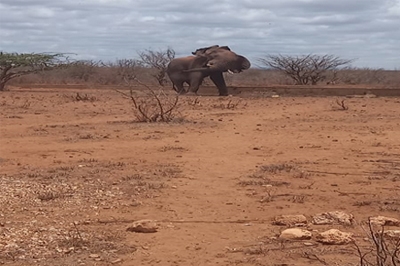
Conservation Work at Kasighau Ranch
Adverse effects of drought caused by the prevalent climate change crisis has impacted greatly and negatively on communities living near...
Read the entire article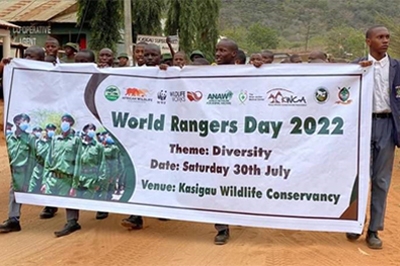
Conservation Work at Kasighau Ranch
Taita Taveta County was a haven of buzz and great celebration as rangers from 18 ranches, three (3) schools and...
Read the entire article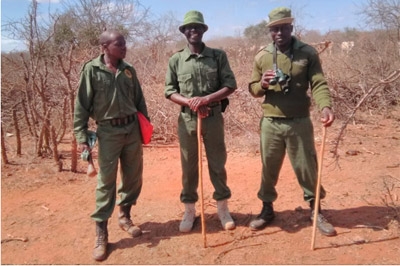
Conservation Work at Kasighau Ranch
Tensions are on the rise in Taita Taveta as incidences of human-elephant conflicts are on the rise as the drought...
Read the entire article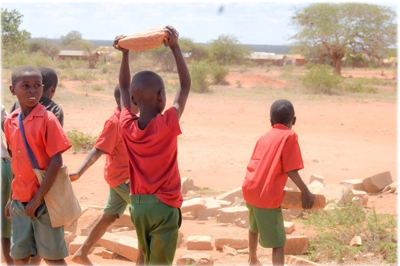
Africa Conservation Education Fund (ACEF)
Hundreds of pupils stood at the door of their classes to watch in silent excitement as 90 desks were off...
Read the entire article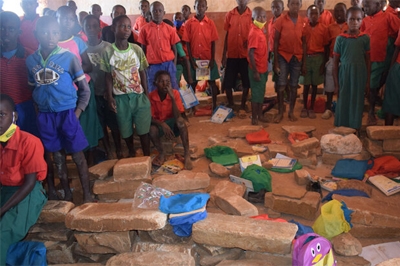
Africa Conservation Education Fund (ACEF)
On the 1st of October 2021, Africa Network for Animal Welfare (ANAW) launched the give a desk campaign for its...
Read the entire article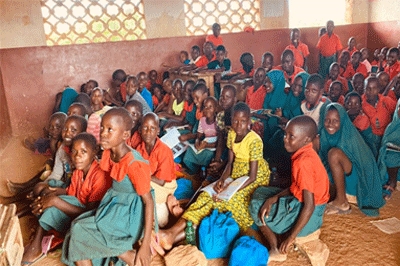
Educate children of communities in wildlife areas
Background Africa Conservation Education Fund is a program of Africa Network for Animal Welfare. The program was designed to ensure access...
Read the entire articleANAW & Welttierschutzgesellschaft e.V (WTG) Project
TITLE: Enhancing Donkey Welfare in Kenya
Africa Network for Animal Welfare (ANAW), in partnership with Welttierschutzgesellschaft (WTG), is implementing a project titled “Enhancing the Welfare and Health of Donkeys in Migori and Marsabit Counties and Enhancing Donkey Security through Media and Stakeholder Collaboration.” Running from April 2025 to March 2026, the project seeks to improve the welfare and health of donkeys in Migori and Marsabit counties, Kenya. It addresses critical challenges such as limited access to veterinary care, poor husbandry practices, and the growing threat of illegal donkey slaughter driven by the donkey skin trade. Key interventions include training, veterinary services, community surveillance, and media advocacy. ... Click Here to Read More ...